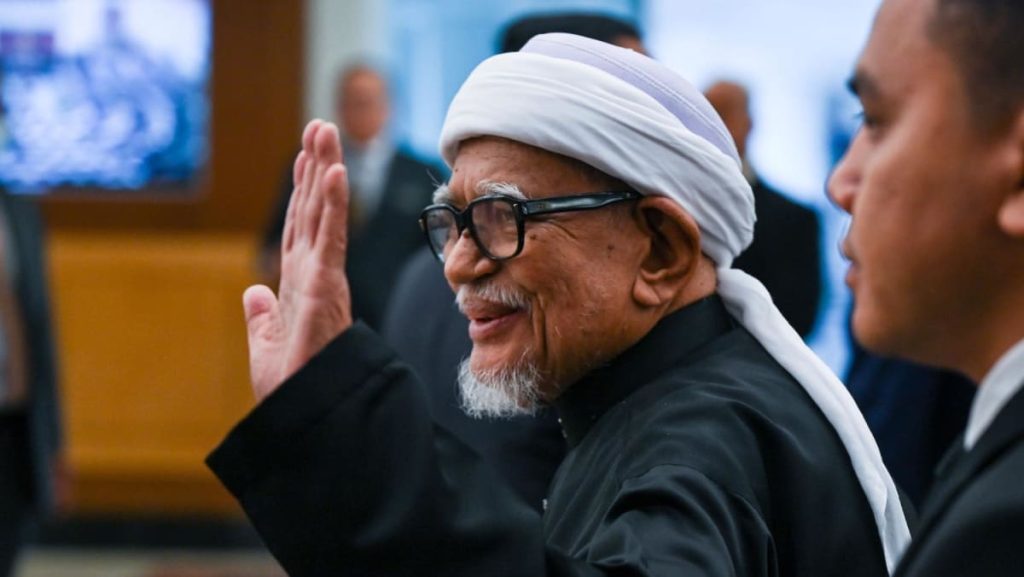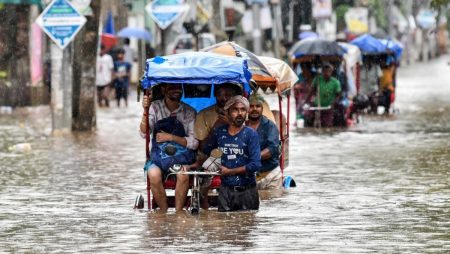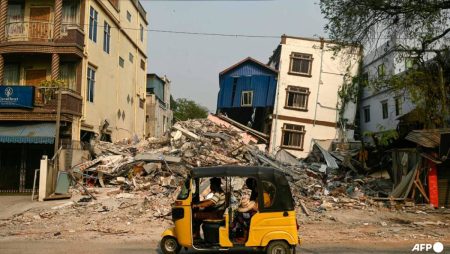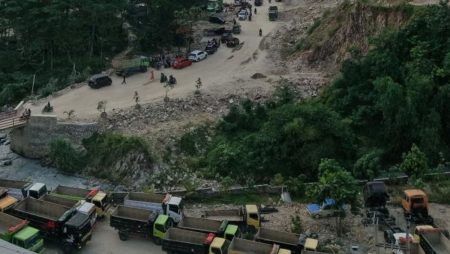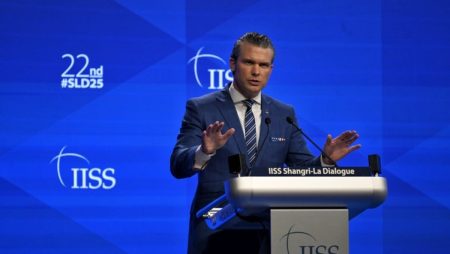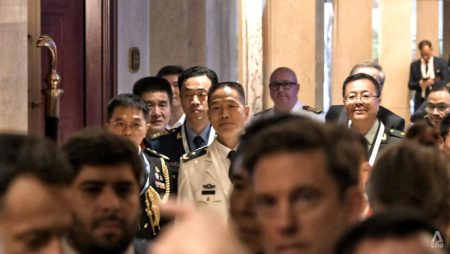The Malaysian political landscape has been roiled by a Royal Commission of Inquiry (RCI) report recommending a criminal investigation into former Prime Minister Mahathir Mohamad. The inquiry centered on Mahathir’s decision during his second term as prime minister to withdraw Malaysia’s legal challenges concerning the sovereignty of Pedra Branca and South Ledge, two islets located in the strategically significant Singapore Strait. This decision effectively ceded control of Pedra Branca to Singapore, reigniting a long-standing territorial dispute between the two nations. The RCI, a body empowered to investigate matters of national importance, alleges that Mahathir’s actions constituted cheating and resulted in wrongful losses to Malaysia, potentially jeopardizing the nation’s sovereignty and territorial integrity. The report has ignited a firestorm of controversy, with Mahathir vehemently denying any wrongdoing and pointing to a collective Cabinet decision as the basis for the withdrawal. This has led to a public exchange of accusations and denials, further complicating the already intricate political dynamics within Malaysia.
The core issue at stake revolves around the ownership of Pedra Branca, a small island situated at the eastern entrance of the Singapore Strait. This strategically vital waterway serves as a major shipping lane and holds significant economic and security implications for both Malaysia and Singapore. The dispute over Pedra Branca dates back to 1979 when Malaysia published a map depicting the island within its territorial waters. This action prompted a protracted legal battle that culminated in a 2008 ruling by the International Court of Justice (ICJ). The ICJ awarded sovereignty of Pedra Branca to Singapore while granting Malaysia control over Middle Rocks, another contested maritime feature. The court also determined that the ownership of South Ledge, a submerged feature near Pedra Branca, would depend on which nation’s territorial waters it fell within.
In 2017, Malaysia, under a different administration, attempted to overturn the ICJ’s decision on Pedra Branca and sought clarification on the status of South Ledge. However, in 2018, during Mahathir’s second tenure as prime minister, Malaysia abruptly withdrew these legal challenges. This withdrawal forms the basis of the RCI’s accusations against Mahathir. The RCI report alleges that Mahathir acted unilaterally in dropping the claims, disregarding his duty to protect Malaysia’s sovereign interests. This has led to calls for a criminal investigation into his conduct, potentially exposing him to charges of cheating and causing wrongful losses to the nation.
Mahathir has vehemently refuted these accusations, insisting that the decision to withdraw the legal challenges was not his alone but a collective decision made by the Cabinet. He has specifically named several high-profile members of his then-Cabinet, including his deputy prime minister, Wan Azizah Wan Ismail (wife of current Prime Minister Anwar Ibrahim), as well as current ministers Anthony Loke and Mohamad Sabu. This has further intensified the political drama, as these individuals have subsequently denied being consulted on the decision, claiming that the withdrawal was communicated to Singapore before the first Cabinet meeting even took place. This conflicting narrative has muddied the waters, making it difficult to ascertain the true sequence of events leading to the withdrawal of the legal claims.
The current Prime Minister, Anwar Ibrahim, had previously called for a review of the 2018 decision to drop the legal challenges. This move was seen by some as politically motivated, aimed at undermining Mahathir’s legacy and reputation. The release of the RCI report and its recommendation for a criminal investigation further fuels this perception, suggesting a potential political vendetta. Mahathir himself has labeled the RCI’s findings as politically motivated, intended to tarnish his image. The ongoing saga has exposed deep-seated political rivalries and tensions within Malaysia, threatening to further destabilize the nation’s political landscape.
The Pedra Branca dispute and the ensuing RCI investigation have placed a spotlight on the complex and often fraught relationship between Malaysia and Singapore. While the two nations share close economic and cultural ties, historical territorial disputes and political maneuvering have occasionally strained this relationship. The ongoing controversy surrounding Mahathir’s role in the withdrawal of the legal claims further complicates matters, adding another layer of complexity to the already delicate balance of power in the region. The outcome of the proposed criminal investigation into Mahathir could have significant implications for the future of Malaysia-Singapore relations, potentially exacerbating existing tensions or, conversely, paving the way for a renewed effort at reconciliation and cooperation.




